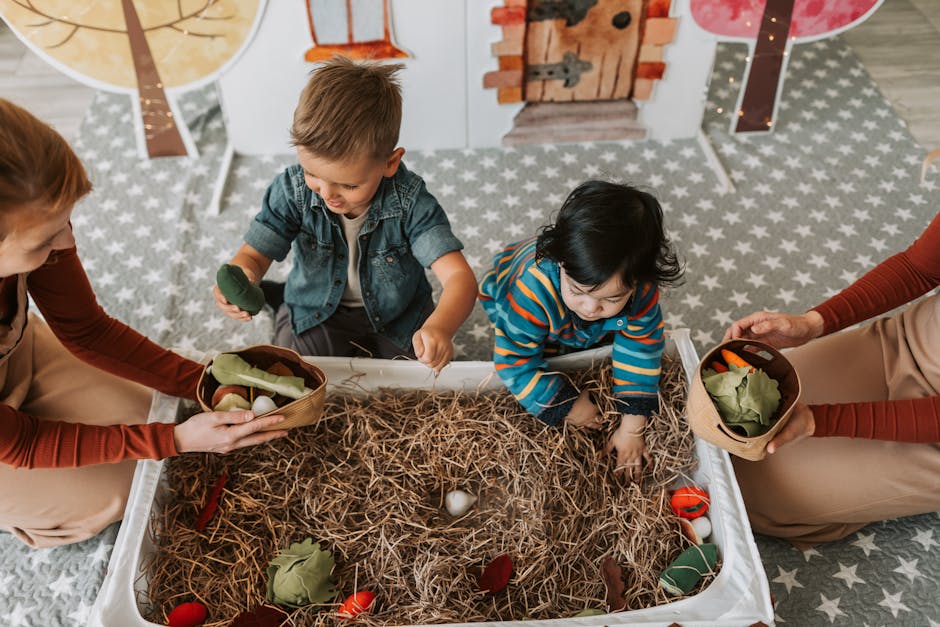Choosing the right toys and games for your child can be a daunting task, with seemingly endless options available. From educational toys to action figures, dolls to board games, the sheer variety can be overwhelming. However, selecting appropriate playthings is crucial for a child's development and happiness. This guide will help you navigate the toy aisle and make informed decisions that foster your child's growth and ignite their imagination.
Consider your child's age and developmental stage. Toys designed for toddlers differ significantly from those suitable for preschoolers or older children. Look for toys that challenge their current abilities while also offering opportunities for growth. Age recommendations on packaging are a good starting point, but also consider your child's individual interests and skills.
Think about your child's interests. Does your child love building things, playing pretend, or solving puzzles? Choosing toys that align with their interests will keep them engaged and motivated to play. Observe what they gravitate towards during playtime and choose toys that complement their natural inclinations.
Focus on open-ended play. Toys that can be used in multiple ways encourage creativity and problem-solving skills. Building blocks, art supplies, and dress-up clothes are great examples of open-ended toys that allow children to explore their imaginations and create their own play scenarios.
Prioritize quality over quantity. It's better to invest in a few well-made, durable toys than to accumulate a mountain of cheap, easily broken items. High-quality toys will last longer and provide a more enriching play experience.
Don't forget the classics. Board games, puzzles, and card games offer valuable opportunities for family bonding and social interaction. They also teach important skills like turn-taking, strategy, and problem-solving.
Consider educational toys. Learning can be fun! Look for toys that incorporate educational elements, such as alphabet blocks, number puzzles, or science kits. These toys can help children develop essential skills while they play.
Finally, remember that the most important aspect of playtime is having fun. Choose toys that you think your child will enjoy and that will encourage them to explore, create, and learn. Playtime should be a joyful experience for both children and parents.
